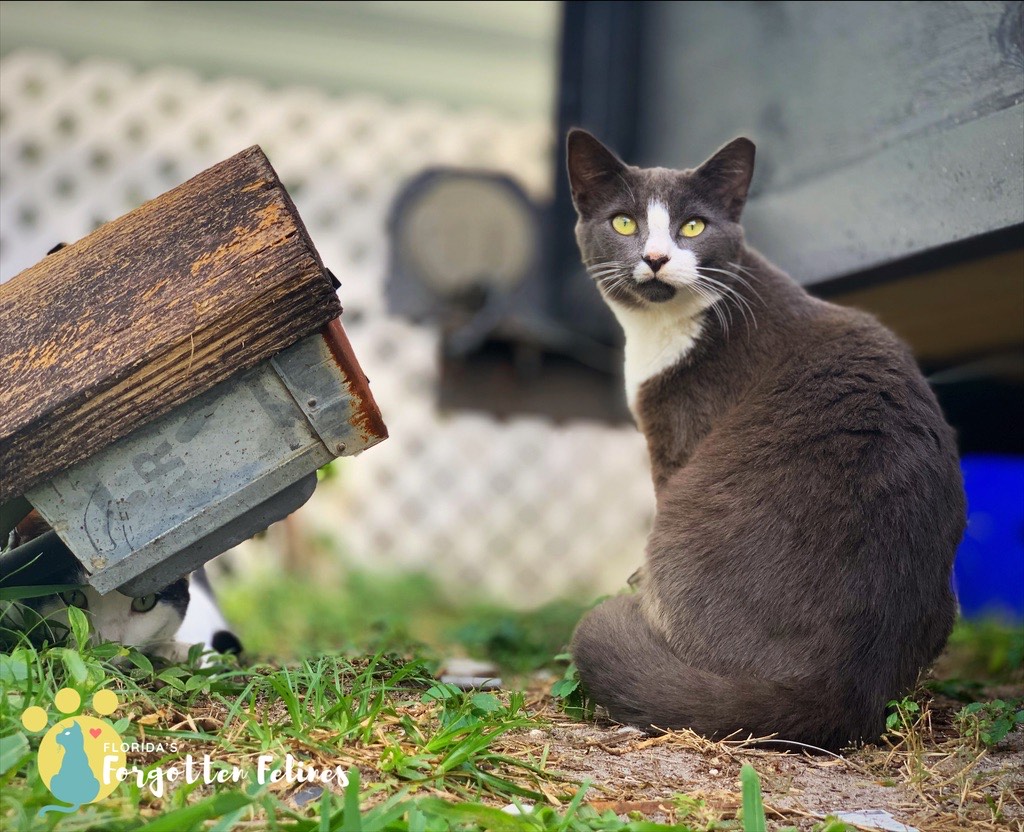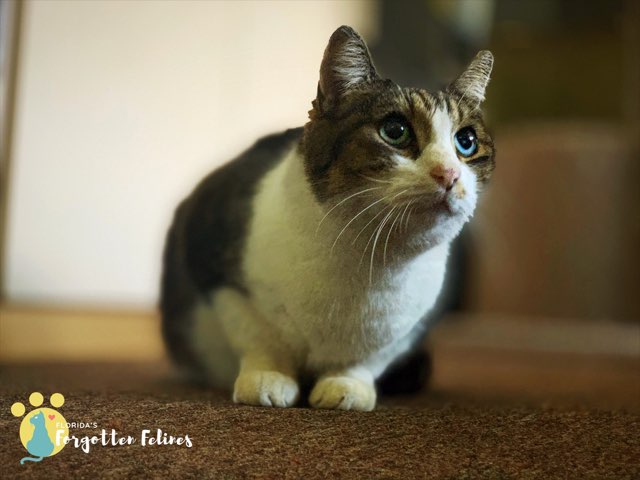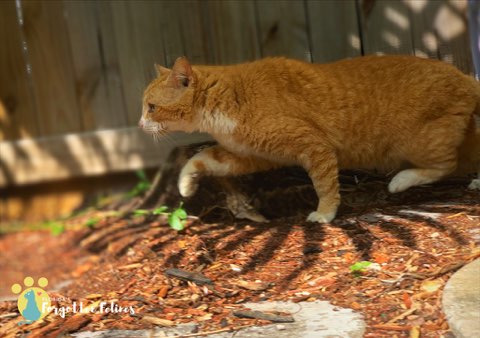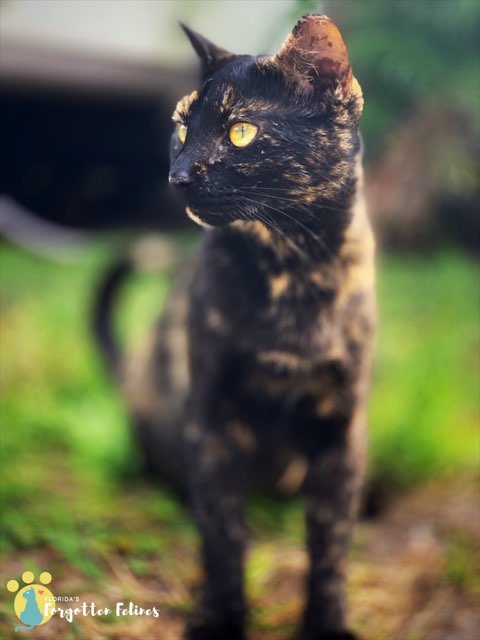Feral Cats & Predation
While many studies have shown that cats do not have a detrimental impact on wildlife, there are several who feel that cats are to blame for the depletion of song birds and other animals. Two studies that are often quoted are the Stanley Temple Study and the Churcher / Lawton study. Some groups use these studies in misguided efforts to discredit our work to humanely control feral cats. Over 60 studies have been done on different continents, all showing three very important points:

“Cats are opportunistic feeders, eating what is most easily available. Feral cats are scavengers, and mainly rely on garbage and handouts from people.”

Cats are rodent specialists. Birds make up a small percentage of their diet when they rely solely on hunting for food. Cats may pray on a population without destroying it. If it weren’t so, we would no longer have any mice around. Even though some cats can become efficient hunters and do kill birds, many international biologists agree that only on small islands do cats possibly pose a severe threat to the wildlife population. They agree with biologist C.J. Mead that states “Any bird population on the continent that could not withstand these levels of cat predation and other predators would have disappeared long ago.”
And finally, while many concentrate their efforts on blaming cats, the real culprit – homo sapiens – are the real problem with animal welfare. It is the people who are responsible for destruction of habitat, hunting and killing, and using pesticides / insecticides that endanger entire populations of wildlife, including millions of birds!


Trap / Neuter / Release
While you may insist that these outside cats are “not my cats,” you cannot simply ignore them and make them go away. Animal Control will not alleviate this problem, because they do not trap cats. If you want to limit the overpopulation problem in your neighborhood, take action and start a Trap / Neuter / Release (TNR) Program.
Trap / Neuter / Release is the only way to effectively control over population. Remember this: the cats are there for a reason. Someone abandoned them at some point. Simply moving cats from this environment will not solve the problem, as other cats will come in to take place of the cats removed. A Trap / Neuter / Release program will sterilize all the cats so that those cats will not reproduce, and those existing cats will protect their territory from new, unaltered cats.
Trap / Neuter / Release is easy, and it saves lives. For every unaltered female cat and her offspring on your street, you can count on up to 50 more kittens in the next year. And that is a lot of cats!
Please note: Although we care for community cats (strays/ferals) we do not offer medical care for any cat that is brought to us. We can offer advice on these issues only–not medical services.
